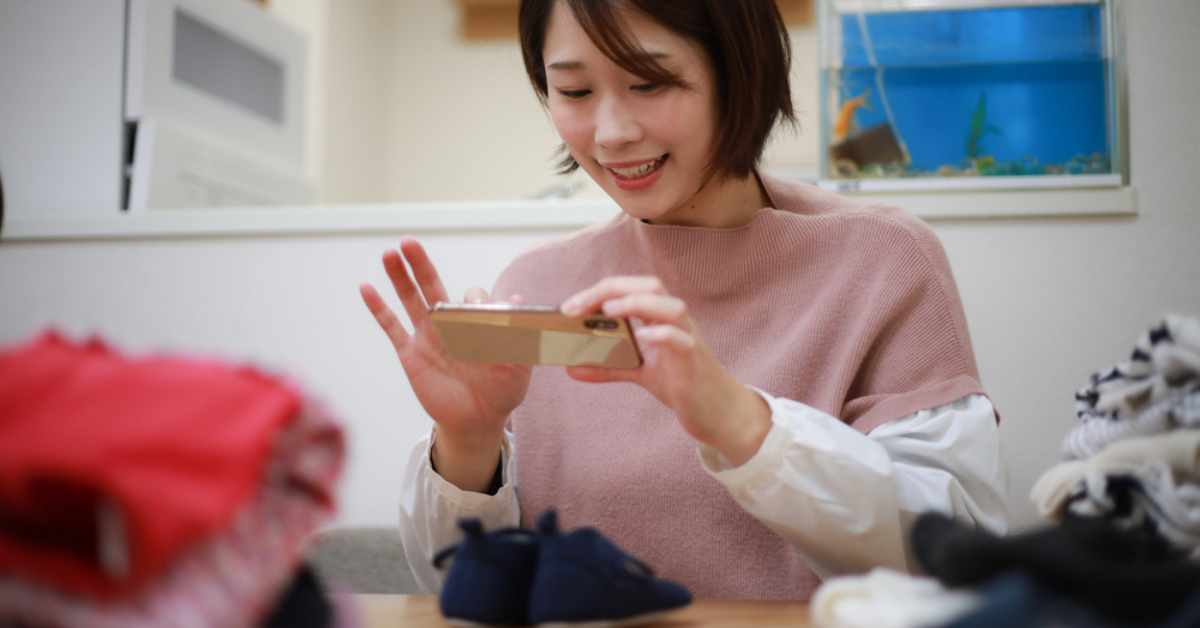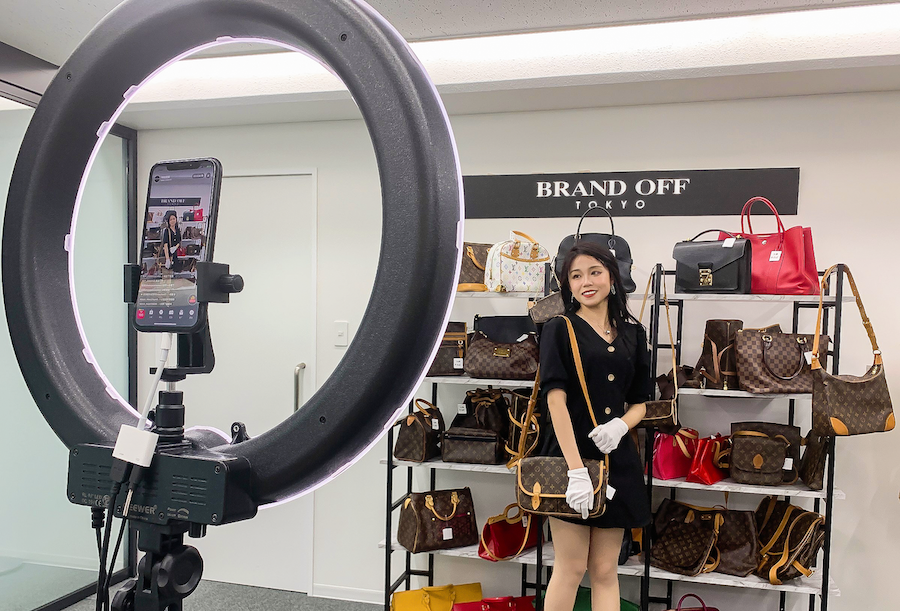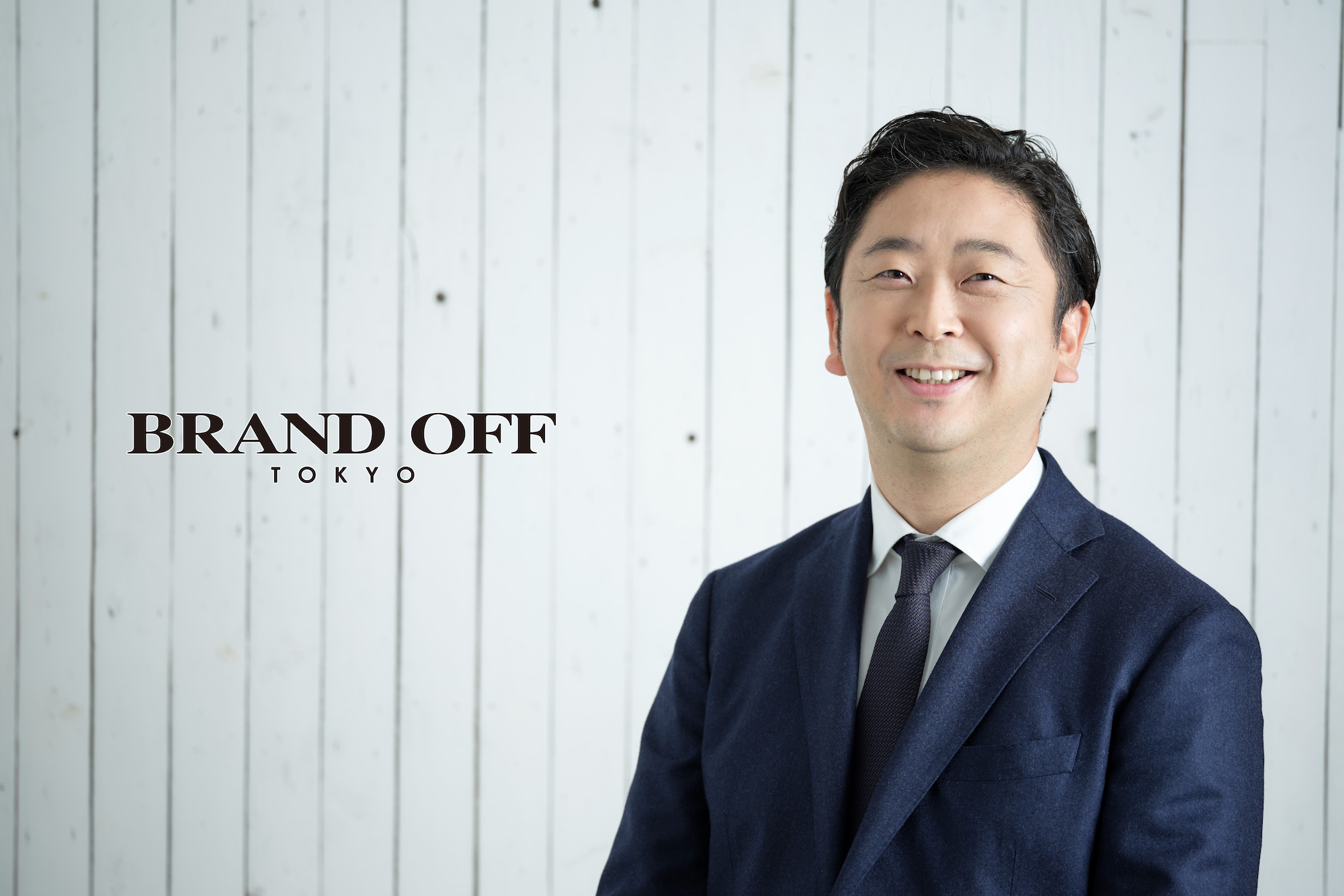
Alibaba Group highlighted China’s largest secondhand digital marketplace Idle Fish as one of its key investment themes in its earnings report released in August
China’s secondhand market is taking off as more e-commerce platforms invest in sustainable shopping and crystallize the value of clutter across the world’s second-largest economy.
From used books to luxury bags and furniture, the country’s digital secondhand market represents a growing slice of the rapidly expanding global resale industry that will hit US$77 billion by 2025, up from US$36 billion now, according to a 2021 report by online thrift store ThredUP.
Alibaba Group highlighted China’s largest secondhand digital marketplace Idle Fish as one of its key investment themes in its earnings report released in August.
In light of Second Hand September, Oxfam’s annual campaign to raise awareness of waste created by the fashion industry, we share some recent industry efforts in the world’s second-largest economy to reduce the volume of goods that end up as landfill.
Pride or Prejudice?
Purchasing used items was once taboo in China, as consumers saw shopping in thrift stores as a sign of financial difficulties. People also worried that passed-on goods carried bad spirits with them.
This prejudice is fading fast as millennial and Gen-Z consumers trailblaze the country’s re-commerce shopping experiences on Alibaba’s B2C platform Taobao or Idle Fish.
In fact, more Chinese consumers are taking pride in a more sustainable lifestyle. More than 300 million Chinese consumers are on Idle Fish buying or selling items in every conceivable category, from home appliances to furniture.
Idle Fish’s mobile monthly active users surpassed 100 million in August.
Watch this video to see how re-commerce in China differs from elsewhere.
Less is More
During the coronavirus pandemic, more people are decluttering and looking for ways to make extra cash. Others seized the chance to buy electronics or kitchen appliances at a lower price.
“[The] recent onslaught of the pandemic has inspired many people, especially younger generations with limited spending power, to rethink buying secondhand. As they search for more cost-effective ways to upgrade their lifestyles, many have turned to Idle Fish for answers,” said Idle Fish’s Tong.
Idle Fish estimates China’s re-commerce market alone will generate over RMB500 billion (US$77 billion) in gross merchandise volume (GMV) on its app by the end of this year, up from RMB200 billion last year.
Check out this article below for a deeper dive into the shift in Chinese consumers’ shopping habits during the pandemic.
Luxury: Shop, Sell, Repeat
Secondhand luxury stores are nothing new, but very few of them were equipped with the necessary digital muscle to reach consumers worldwide and offer the same white-glove experience as boutiques before the pandemic.
Luxury resale chain Brand Off, once a popular destination in Japan for Chinese shoppers looking for vintage rarities like Hermès Birkin bags, partnered with Alibaba this year to serve Chinese customers online.
Here’s Brand Off’s story about how it is expanding in China’s luxury resale market.
The growth of the luxury resale market in the past year goes beyond taking physical stores online.
Pre-loved designer bags are assuming a new role as investment-worthy pieces for both sellers and buyers. Whether you are selling limited pieces with higher price tags or purchasing older collections at more affordable prices, the “shop, sell, repeat” practice is becoming more common in the world of luxury.
Check out this article below to learn how resellers are eyeing this opportunity in China.
To receive the latest news directly in your inbox, sign up for the weekly Alizila newsletter







